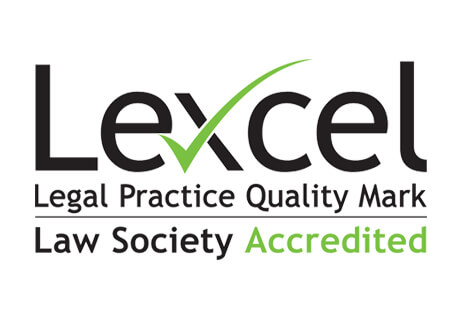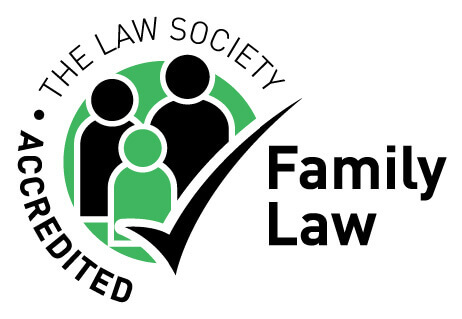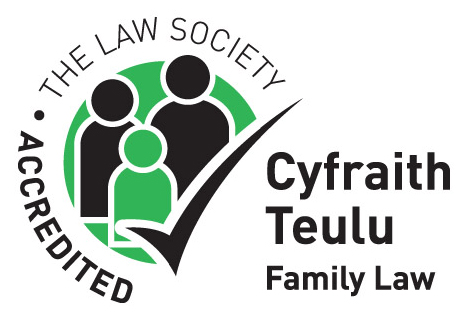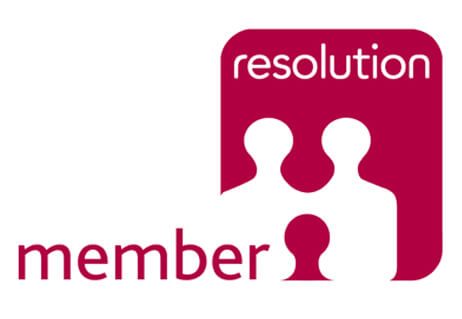Divorce Solicitors North Wales
Your local divorce solicitors
We recognise that each client’s case is different and so offer a tailored, empathetic approach to support you at this difficult, emotional time.
Divorce
Divorce is never simple or easy, but it is a lot easier with a reliable team to look after you at Winrows Law.
We make every effort to make divorce law more straightforward to understand and recognise that each case is unique, requiring individual support and care.
We guide our clients through the divorce and/or financial procedures with compassion and care, assuring them that they have the right firm of solicitors on their side.
With our help, clients successfully navigate the divorce process and move forward in life with renewed strength and confidence.
It is important to view your divorce in two parts:
- 1. The actual divorce and
- 2. The financial settlement
Divorce Proceedings
Our specialist divorce solicitors can guide you through the entire divorce proceedings, from filing the initial application to obtaining the final order. We will handle all necessary paperwork and liaise with the court on your behalf, making the process as smooth and efficient as possible at this difficult time in your life.
You are welcome to call for an initial discussion
The Divorce Process
To commence divorce proceedings:
- 1. You must have been married for over a year
- 2. Your marriage must have broken down irretrievably.
- 3. The marriage is legally recognised in the UK
Filing a divorce Application
Firstly, the divorce application needs to be filed, usually online.
The application is made by the person wanting to initiate the divorce, although the new rules allow the application to be made jointly by the parties if both agree to the divorce.
The application will confirm that your marriage has broken down irretrievably.
To file the application, you need your original or certified copy of your marriage certificate. If married outside of the UK, you may need a certified translation of the marriage certificate into English.
Acknowledgement of Service
The court will send a copy of the divorce application to your spouse along with a with another form for them to complete called an Acknowledgement of Service which will confirm they receive the papers and ask whether they agree to or intend to dispute the divorce.
Your will have to provide a genuine legal reason if they choose to dispute the divorce. They cannot dispute the divorce just because they do not want the divorce or to simply delay the divorce process.
Conditional Orders and divorce
If the court receives back the acknowledgement of service and there is no legal reason to dispute the divorce, then you can apply for the conditional order (formerly known as the Decree Nisi). This is where the judge reviews at your application for divorce. You must wait 20 weeks from the date of the divorce application being issued to apply for the conditional order.
Final Order
The Final Order (formerly known as the Decree Absolute) can be applied for after six weeks of the granting of the conditional order.
It is of vital importance to be aware that until the final order is granted, you and your spouse remain legally married which can have financial implications with your estate if you were to die.
Consequently it may be wise to make a Will early in the divorce process
Answers to general questions about divorce
In a long marriage the starting point is an equal split of assets, in a short marriage the assets brought to the marriage may be reflected in the split.
- 1. The parties ages and the duration of the marriage,
- 2. Incomes and earning capacity of each party,
- 3. Their assets and financial resources,
- 4. Each parties future financial needs in the foreseeable future,
- 5. What contributions each party has made during the relationship can also be considered (especially so in a short marriage),
- 6. The standard of living enjoyed by the family before the divorce,
- 7. Any physical or mental disability of the parties, and
- 8. The welfare of any dependent children.
Either spouse can begin financial proceedings once divorce proceedings have been initiated. This is both in respect of a divorce on marriage, civil partnership dissolution or proceedings for a judicial separation.
This is impossible to answer. Much will depend on whether agreement can be reached quickly. If this happens then there will probably be no need to attend court and the matter maybe resolved in weeks rather than months.
If one or both parties cannot agree a settlement, then attendance at court maybe be required to ask a Judge to decide the split of assets. It may take over a year before a court makes an order as to the division.
However, the majority of cases do settle by agreement at an early stage which can avoid the parties having unnecessary costs.
For the divorce itself, you need your marriage certificate. For the settlement part of your divorce, such as pension value, bank statements, house values and mortgage statements, will be needed.
The court fee is £593. Divorce becomes expensive if it goes to court for a judge to decide the outcome.
The financial settlement is conducted on an hourly rate as it is impossible at the onset to know whether an agreement can be quickly achieved or whether it can take years and require a Judge to make an order for the settlement terms. Consequently, it will be much cheaper if both parties agree on a swift agreement.
Often both parties pay their costs. However, it is possible to apply for costs of the divorce and in some circumstances the settlement costs.
This depends on the length of your marriage. In a long marriage (7 years and more), the starting point is a 50:50 split. Although, deviation from this can occur in certain circumstances, say where the provision for children is concerned.In a short marriage (under 7 years), it is more likely that division will move more towards what you ‘put in’ you’ take out’. Differing circumstances might result in a different level of the split.
The time it takes for your divorce to be concluded depends on a number of factors.
If all goes well, without unnecessary delays and court hearings, your divorce could be concluded in as little as 3 months.
However, if you find it difficult to reach an amicable agreement with your former partner, and the matter being heard before the court, it can take much longer. Sometimes it can take up to 2 years.
The financial settlement could take weeks, months, or years depending on how long it takes to reach an agreement.
A collaborative divorce involves both parties having their separate divorce lawyers that work together to achieve a settlement that suits the whole family, avoiding going to court and saving costs and time.
The process enables a couple to discuss, in a safe environment, their issues, concerns and finances
It allows them to retain control over the decision-making process, rather than a judge, who may only meet them for the first time at a final hearing, deciding the settlement.
It reduces the risk of conflict, misunderstandings and the expense and stress of court proceedings.
It is also a particularly good option if you have children and can help you both develop a constructive and cooperative relationship moving forward especially with arranging shared child contact
Our Mission Statement
Our mission statement is clear – we exist to:
Maintain the highest standards of quality, client care and professional expertise;
Be recognised as experts in our fields;
To provide every client, regardless of their background and financial resources, access to justice;
Contribute to our communities.

Quick Links
Contact Us

Winrows Solicitors Head Office: Ddol Helyg Cwm y Glo, Caernarfon Gwynedd, LL55 4DA Gwynedd North Wales, UK
The Winrows Solicitors website at winrowsolicitors.co.uk is operated by Winrows Solicitors, authorised and regulated by the Solicitors Regulation Authority of England and Wales with registration number 649001
Quick Links
Contact Us

Winrows Law Head Office: 5-7 Boston Street, Holyhead, Anglesey, LL65 1BS
Bangor Office: 333-335 High Street, Bangor, Gwynedd LL57 1YA
Caernarfon Office: 39 Chapel Street, Caernarfon, Gwynedd, LL55 2PS
The Winrows Law website at winrows-law.co.uk is operated by Winrows Law Ltd, a Limited Company registered in England & Wales. Winrows Law Ltd is authorised and regulated by the Solicitors Regulation Authority, and has the SRA reference number 461952. Winrows Law Ltd is registered with Companies House, under Company Number 05945344. Winrows Law Ltd’s VAT Number is 785535489. A list of Directors is available for inspection at Winrows Law Holyhead Office.
Terms of Business - Winrows Law
© Copyright - 2024







